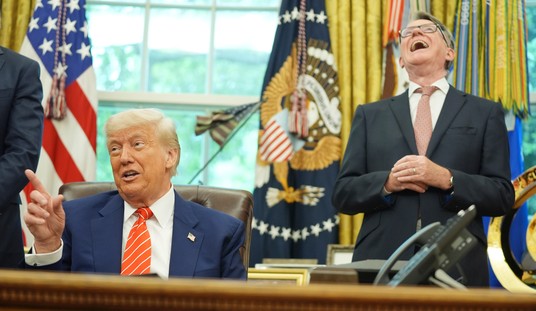In Massachusetts, voters face four questions on the ballot. The fourth one is particularly interesting because it would make ‘shrooms and a few other psychedelic drugs legal in the Bay State.
The question, which made its way onto the ballot via petition, has a lengthy description of the law that voters who aren’t passionate about or educated on the issue may not bother to read. The research document the commonwealth provides gives even more detail, along with advocacy statements for and against the law.
“This proposed law would allow persons aged 21 and older to grow, possess, and use certain natural psychedelic substances in certain circumstances,” the ballot question reads in part. “The psychedelic substances allowed would be two substances found in mushrooms (psilocybin and psilocyn) and three substances found in plants (dimethyltryptamine, mescaline, and ibogaine).”
Under the law, the commonwealth would license and regulate facilities where consumers could purchase psychedelics, and it leaves cities and towns some leeway when it comes to when and where the facilities operate. But the law brings Bay Staters another gift in the form of increased bureaucracy:
This proposed law would create a Natural Psychedelic Substances Commission of five members appointed by the Governor, Attorney General, and Treasurer which would administer the law governing the use and distribution of these psychedelic substances. The Commission would adopt regulations governing licensing qualifications, security, recordkeeping, education and training, health and safety requirements, testing, and age verification. This proposed law would also create a Natural Psychedelic Substances Advisory Board of 20 members appointed by the Governor, Attorney General, and Treasurer which would study and make recommendations to the Commission on the regulation and taxation of these psychedelic substances.
Advocates for legalizing psychedelics like these say that the substances have benefits, including the possibility of treating some mental illnesses, but the bureaucrats likely see another benefit: cash in the state coffers. In addition to sales tax, the psychedelic substances would incur a 15% excise tax.
Recommended: FBI Quietly Revises Crime Stats to Less Democrat-Friendly Numbers
Is the measure a good idea? Libertarians and fans of magic mushrooms would say so, but Charles Fain Lehman writes in the Wall Street Journal that administering psychedelics needs proper medical supervision.
“They’re right that psychedelics have real potential for treating some mental illnesses,” Lehman writes. “But if psychedelics are medications, they should be approved by the Food and Drug Administration and prescribed by physicians. Massachusetts’ plan—like those in other states—end-runs this system, creating an uncontrolled market for dangerous psychoactive drugs. Question 4 wouldn’t bring psychedelics into the mainstream. It would drag everyday Americans toward the kooky fringes.”
Additionally, while advocates claim that psychedelics are safer than other drugs like fentanyl (a low bar, honestly) and cocaine, studies have shown that they’re not safe for the recreational user, as well as for some people taking them for medicinal purposes. A small percentage of mentally ill patients using psychedelics in trials experienced “worsening depression, suicidal behavior, psychosis, and convulsive episodes.”
“In a major study of psilocybin as a treatment for depression, nearly 10% of subjects reported a serious adverse event within 12 weeks, compared with 1% of the control group,” reports Lehman. “Such events included suicidal ideation, intentional self-harm, and hospitalization.”
The ballot initiative includes allowances for “persons aged 21 and older to grow these psychedelic substances in a 12-foot by 12-foot area at their home and use these psychedelic substances at their home.” This would also allow people to grow, use, and give away their ‘shrooms outside the purview of state regulations and taxation — what legislators call an “unregulated, unlicensed marketplace.”
Other states have seen this phenomenon with similar laws. A state legislative committee heard from these states in its research; the committee wound up recommending against passing this law.
“An official from the Oregon Health Authority told the Massachusetts legislative committee that only about 400 people a month used Oregon’s legal products between January 2023 and March 2024,” Lehman writes. “Demand is so low that one of the licensed administration centers closed six months after opening. People in Oregon are growing their own mushrooms and taking them without supervision.”
In the District of Columbia, people are using so many homegrown psychedelics that the drop in demand at dispensaries has led to skyrocketing prices. In Colorado, Lehman reports, “‘dozens or perhaps hundreds of people’ now offer unregulated magic-mushroom therapy sessions around Denver.”
Incidents of psilocybin poisoning are rising sharply, as are incidents of people acting irrationally after ingesting psychedelics. One infamous incident, which our own Victoria Taft reported on last year, involved an Alaska Airlines pilot who tried to down his plane while tripping on mushrooms.
Maybe there’s a way to market these types of substances as a way to treat mental illness, but a free-for-all marketplace that’s ripe for abuse and danger doesn’t sound like the way to go. This ballot question sounds like a bad idea.










Join the conversation as a VIP Member